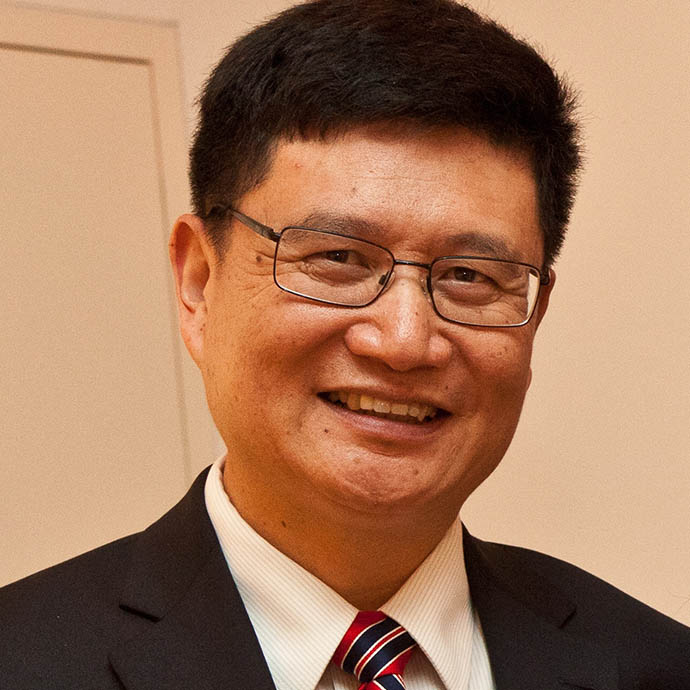DNA sequencing by synthesis (SBS) during polymerase reaction offers a robust platform to decipher DNA sequences. My group is pursuing the research and development of several SBS approaches using molecular engineering for applications in precision medicine. In one SBS method, 4 nucleotides (A, C, G, T) are modified as nucleotide reversible terminators (NRT) by attaching a cleavable fluorophore to the base and capping the 3’-OH group with a small reversible chemical moiety, enabling the resulting NRTs to be recognized by DNA polymerase as substrates. This general strategy to rationally design NRTs for SBS is the dominant approach used in next-generation DNA sequencing systems, laying the foundation for the $1,000 genome. Recently, our laboratory also developed a single-molecule real-time nanopore-based SBS strategy that accurately distinguishes the four DNA bases by electronically detecting 4 different polymer tags attached to the 5’-phosphate-modified nucleotides during their incorporation into a growing DNA strand catalyzed by DNA polymerase.
Fellow
